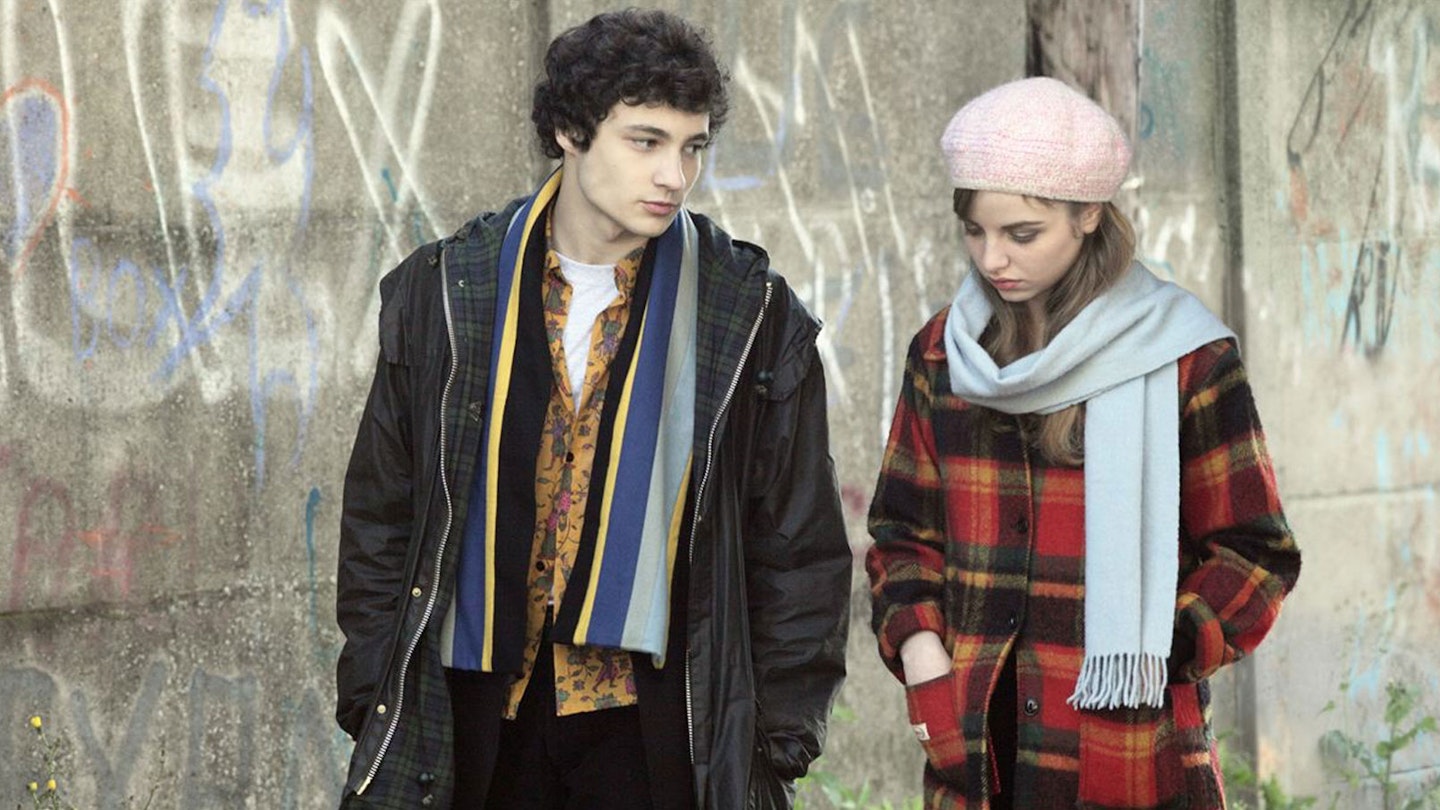Two decades after Arnaud Desplechin and Mathieu Amalric introduced audiences to Paul Dédalus in Ma Vie Sexuelle (1996), the pair reunite for a flashbacking reunion-cum-prequel that reflects on the quirky escapades of a misspent past. Given the mix-up over a passport that results in the fiftysomething Paul (Amalric) being interrogated by government agent Claverie (André Dussollier), there’s no guarantee that this is the same Dédalus who found himself at a personal and professional crossroads in Desplechin's sprawlingly patchy three-hour epic. But there are enough similarities between Lou Roy-Lecollinet and Emmanuelle Devos (who originally played Esther) to suggest that this is, indeed, a portrait of the anthropologist as a young man.
Desplechin and co-scenarist Julie Peyr divide the action into three acts. Following a brief confrontation at knifepoint between the 11-year-old Paul (Antoine Bui) and his manic mother (Cécile Garcia-Fogel), they cut to a teenage school trip to Soviet-era Minsk when Paul (Quentin Dolmaire) helps a classmate smuggle funds and documents to some Jewish dissidents. While this brush with the law would eventually come back to haunt him, it was his first taste of love that would scar Paul, as he was forced to leave the 16-year-old Esther (Roy-Lecollinet) behind in the provincial town of Roubaix while he studied under a nurturing Beninese professor (Eve Doe-Bruce) in Paris.
There's a whiff of Philippe Garrel about the sequences of Paul and Esther writing anguished letters between stolen moments of intimacy. But any nostalgia for the geopolitical optimism of the late 1980s is offset by the discomfort of Paul's student existence and the pain of separation. The episodes are as slickly inconsequential as the modish iris shots, split-screens and breaches of the fourth wall that Desplechin employs to convey the reckless intensity of youth. But few will mind. It's like the Nouvelle Vague never ended.
